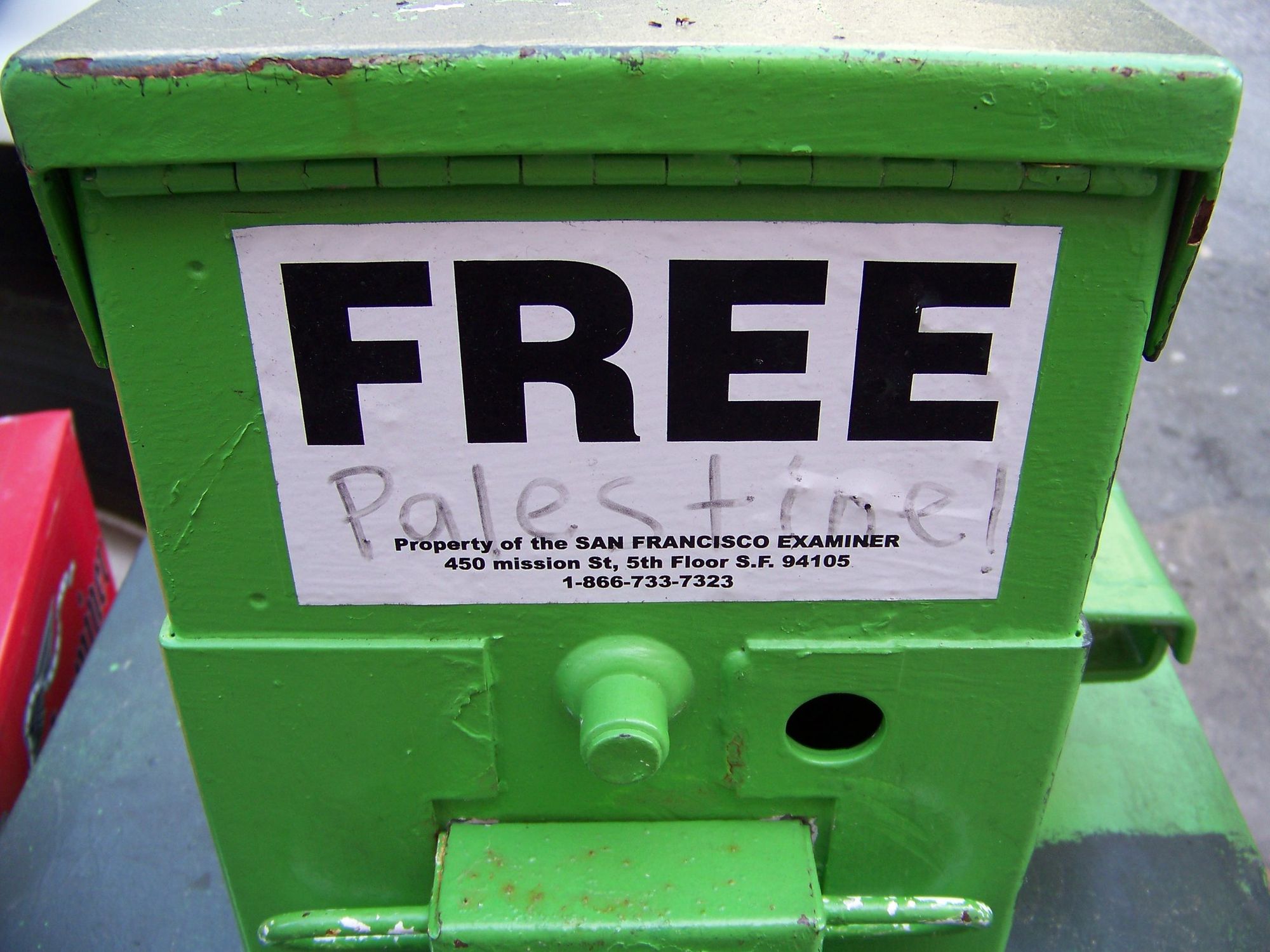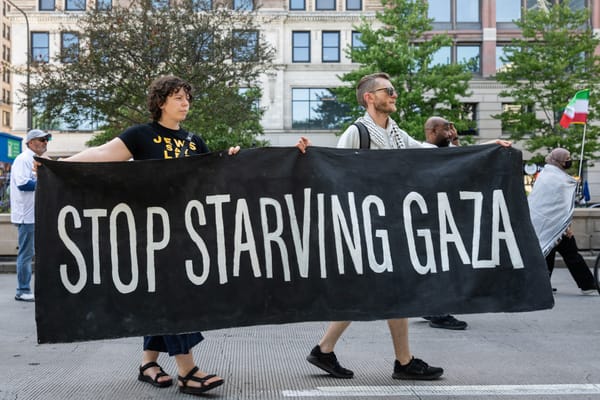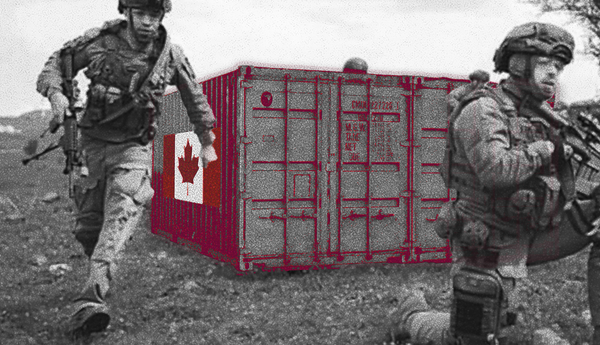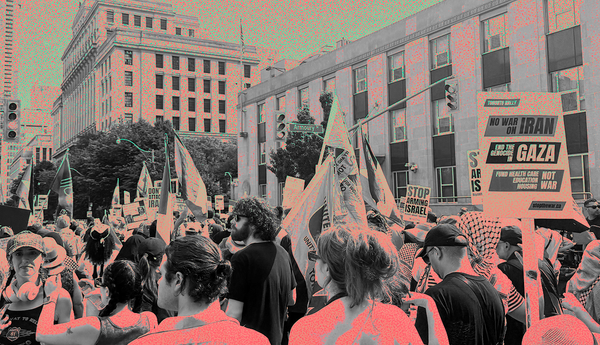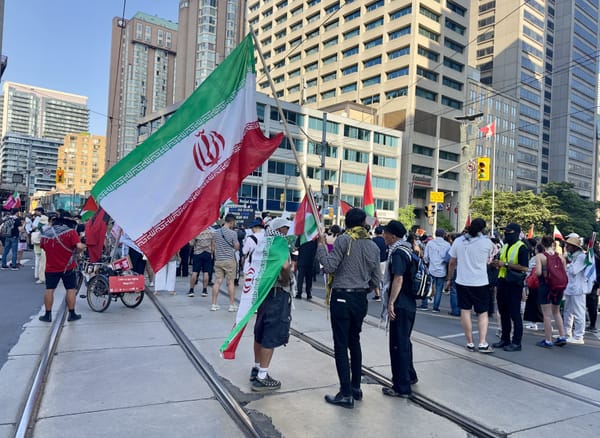Western media bias against Palestine manifests in several ways. One is the words media outlets tend to use when describing Israeli oppression (or the Israel-Palestinian conflict, as they like to call it). These words often end up helping bolster Israel’s narrative at the expense of Palestinians, and the truth. One of the most blatant examples of this is Western media outlets barring reporters from using the word Palestine, except under limited circumstances.
What follows is a list of policies style manuals, public broadcasters and newspapers have on how to use the word Palestine. If you work at a publication that has an internal style guide prohibiting the use of the word Palestine, please reach out to me on Twitter and I can add it to this list, which will be updated in the future.
Associated Press
The AP stylebook is the standard for media outlets throughout the United States. Individual newspapers may have their own style guides, but most either use AP’s in its entirety or as a base upon which they may make tweaks. As such, AP’s guidelines are incredibly important, because when they make a change, hundreds of other media outlets often will too. Moreover, AP’s wire service is one of the largest in the world, with more than 1,300 news outlets publishing its stories.
Here is the entry for “Palestine” in the 55th edition of AP’s stylebook, released in 2020: “Use Palestine and Palestinians in the context of Palestine’s activities in international bodies to which it has been admitted and the actions of the Palestinian Authority: the Palestinian flag, Palestinian prime minister. Do not use Palestine or state of Palestine in other situations, since it is not a fully independent, unified state. For territory, refer specifically to the West Bank or Gaza, or the Palestinian territories in reference to both.”
Canadian Press
The CP is the Canadian equivalent of AP, serving both as the standard style guide for media outlets as well as a popular wire service. Unlike AP, CP doesn’t have an entry on Palestine in either its Stylebook or Caps and Spelling guide. I reached out to CP to ask about their policy. James McCarten, the Stylebook editor, replied shortly after this article was published, noting, “CP’s general practice when it comes to style questions that are predominantly international in nature, and therefore most likely to be dominated on our wire by AP copy, is to adhere to AP’s preferences. We sometimes, but not always, will seek to reflect those policies in our own books, depending on how often we are asked about it, although that’s not something we’ve done yet in the specific case of Palestine. It’s likely we will in a future edition, but for the time being when a reporter finds themselves working on such a story, we refer them to AP’s approach.”
CP’s guide also does omit mention of Palestine in a couple areas. For example, the Stylebook has a section listing most countries/regions in the world, along with information about each one. Neither the word Palestine nor even “Palestinian territories” is listed there. Another section of the book defines how the titles of certain regions should be used. It notes that the “Middle East” is “usually taken to include Bahrain, Egypt, Iran, Iraq, Israel, Jordan, Kuwait, Lebanon, Oman, Qatar, Sudan, Saudi Arabia, Syria, Turkey, the United Arab Emirates and Yemen.” Again, neither the word Palestine nor even “Palestinian territories” is listed there.
Canadian Broadcasting Corporation
The CBC is Canada’s national, public broadcaster.
Here is its style guide entry for “Palestine vs. Palestinian territories,” which was first introduced in 2011 and subsequently updated to its current form: “There is no modern country of Palestine, although there’s a movement to establish one as part of a two-state peace agreement with Israel. So do not refer to Palestine or show a map with Palestine as a country. Use the term ‘pro-Palestinian’ instead of ‘pro-Palestine’ when referring in generic ways to Palestinian supporters. Areas under the control of the Palestinian Authority are considered Palestinian territories: Fatah-run West Bank and Hamas-run Gaza Strip. The terms Palestinian territories and occupied territories are not synonymous. The former includes the Gaza Strip, where Israel no longer maintains a permanent military presence. The latter includes the Golan Heights, which Israel and Syria are at odds over. In November 2012, the United Nations voted to grant ‘non-member observer state’ status to Palestine. We can accurately mention this in stories when relevant. But the UN does not grant nationhood, and it remains premature to call Palestinian territories the country of Palestine. When making references to historical Palestine, use clear language (e.g., ‘British Palestine’ is the accepted term for the British Mandate of Palestine, which administered the region between 1920 and the birth of Israel in 1948).”
CBC’s stance on use of the word Palestine has sparked several controversies over the years, but the most notable was in 2020, when they forced a radio host to issue an on-air correction and apology for using the word “Palestine” instead of “Palestinian territories” in a prior interview, where he was speaking with the author of a book called Palestine. The network also deleted the use of the word Palestine from the show’s online record, and from the interview itself before it reached listeners in later time zones.
British Broadcasting Corporation
The BBC is the United Kingdom’s national public broadcaster.
In 2005, the BBC commissioned an independent panel to look into its coverage of “the Israeli-Palestinian conflict with particular regard to accuracy, fairness, context, balance and bias” after it had been the target of numerous complaints. One of the panel’s recommendations was that the BBC “should make public an abbreviated version of its journalists’ guide to facts and terminology.” It did so in 2006, and has since continued to make updates to this guide public.
Here is its entry for “Palestine”: “There is no independent state of Palestine today, although the stated goal of the peace process is to establish a state of Palestine alongside a state of Israel. In November 2012 the PLO secured a vote at the UN General Assembly, upgrading its previous status as an ‘entity’ so that the UN now recognises the territories as ‘non-member observer state.’ The change allows the Palestinians to participate in UN General Assembly debates. It also improves the Palestinians’ chances of joining UN agencies. But the UN vote has not created a state of Palestine (rather, it failed in its bid to join the UN as a full member state in 2011 because of a lack of support in the Security Council). So, in day-to-day coverage of the Middle East you should not affix the name ‘Palestine’ to Gaza or the West Bank – rather, it is still an aspiration or an historical entity. But clearly BBC journalists should reflect the changed circumstances when reporting on the UN itself and at the Olympics, where the International Olympics Committee recognises Palestine as a competing nation. Best practice is to use the term Palestine firmly and only in the context of the organisation in which it is applicable, just as the BBC did at the Olympics – for example: ‘At the UN, representatives of Palestine, which has non-member observer status…’”
Australian Broadcasting Corporation
The ABC is Australia’s national public broadcaster. Here is its style guide entry for “Palestine”: “Don’t use. We say Palestinian territories. Palestinian as an adjective or noun is OK.”
Deutsche Welle
Deutsche Welle is an international public broadcaster based in Germany. In May 2021, an internal memo that contained a document titled “Israel and the Palestinian territories — reporting guide from the editor-in-chief” was leaked. The document states, “Germany’s past in carrying out the Holocaust means it has a special responsibility towards Israel. […] As DW, we never question Israel’s right to exist as a state or allow people in our coverage to do so.”
Here is the broadcaster’s entry for “Palestine,” under the documents keywords section: “Palestine is used in the context of Palestine’s activities in international bodies and the actions of the Palestine Authority. For territory, we refer specifically to the West Bank or Gaza, or the Palestinian territories in reference to both.”
Los Angeles Times
The Los Angeles Times boasts that it is the “largest metropolitan daily newspaper in the country, with more than 40 million unique latimes.com visitors monthly, Sunday print readership of 1.6 million and a combined print and online local weekly audience of 4.4 million.”
Suhauna Hussain, a reporter at the times, recently tweeted that, “Other than in quotes, we are not allowed to say Palestine,” adding, “Policy, codified in a 2005 memo, directs Palestine be used ‘only to describe the territory that existed from 1923 to 1948, or the historical region (the land of Palestine). It is not a recognized nation.’”
Washington Post
The Washington Post is a major American newspaper, with about 2.7 million digital subscribers as of October 2021. It has its own internal style guide, but follows AP’s guidance on using “Palestinian territories” instead of “Palestine” in most cases.
New York Times
The New York Times boasts of having nearly 8.4 million total subscriptions, with 7.6 million of them signed up for digital access. The style guide at the Times doesn’t have a specific entry for Palestine. However, under its reference for “Middle East,” it writes that it “comprises Egypt, Iran, Iraq, Israel, Jordan, Lebanon, Libya, Saudi Arabia, Syria, Yemen and the Persian Gulf emirates,” leaving out Palestine.
I reached out to the Times to try to get more information on the issue, but have yet to hear back.


